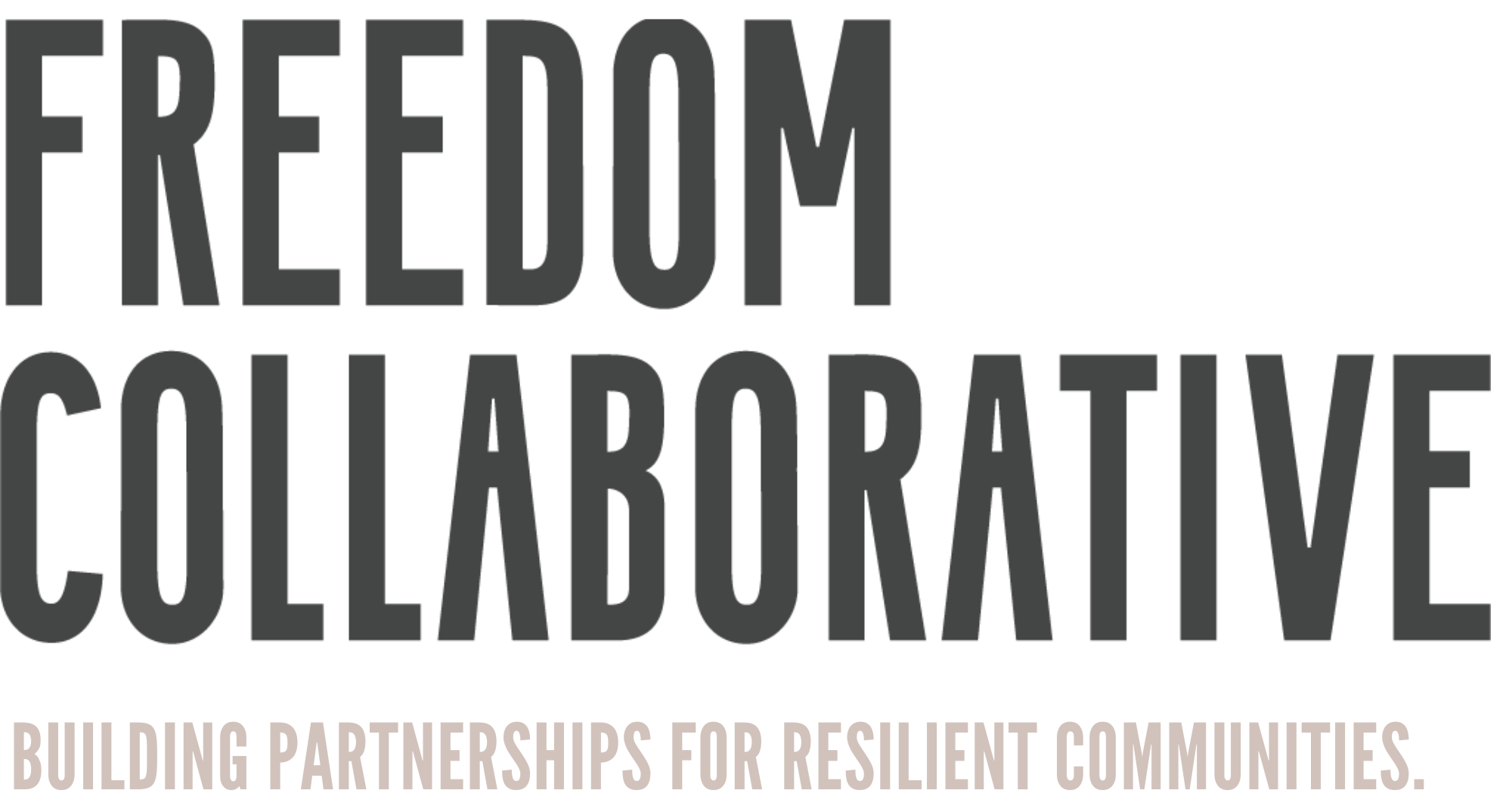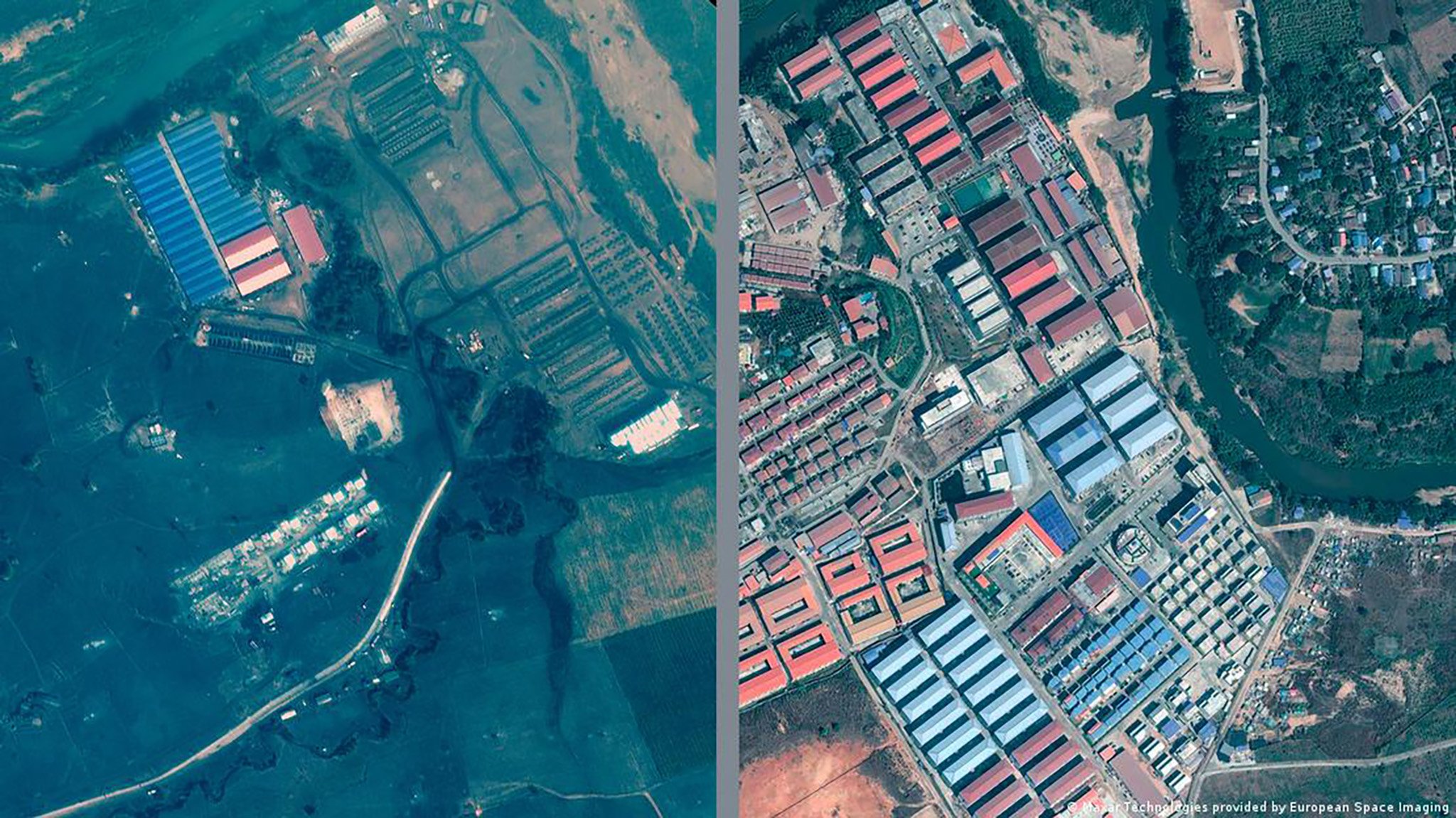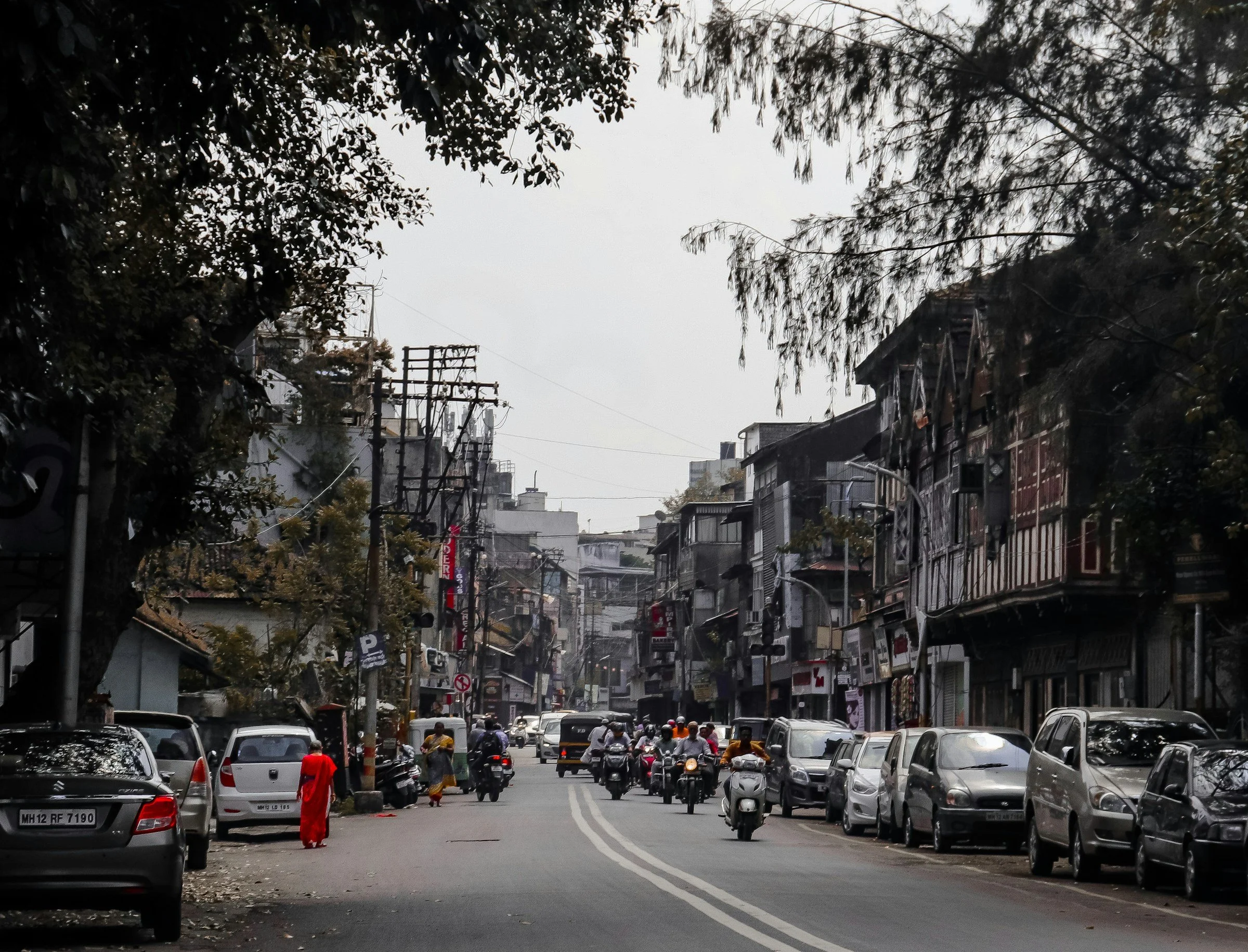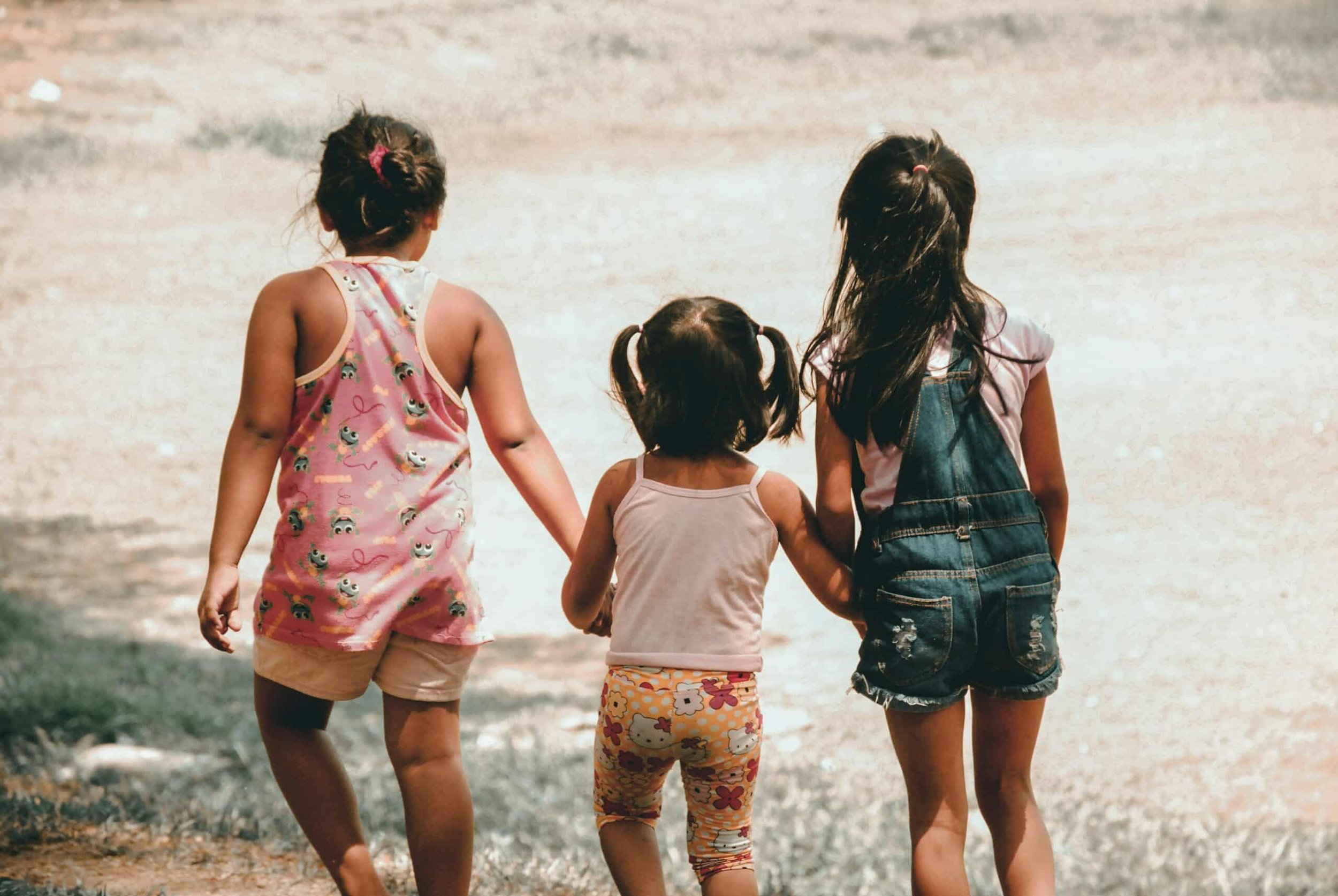Online child sexual abuse could become harder to detect due to EU privacy protections
WePROTECT Global Alliance raises awareness on new EU law that could harm progress in tackling online child sexual abuse, Kalayaan and The Voice of Domestic Workers call on the UK government to reinstate the pre-2012 Overseas Domestic Workers visa, and Greece Commits to End “Protective” Child Detention.
Welcome to the November edition of Freedom Collaborative’s Europe newsletter.
During the last month, there has been on-going debate on online privacy and child sexual abuse detection. Under new privacy protections set to take effect in the European Union next month, big tech firms like Facebook and Microsoft would be banned from using automatic detection tools that are routinely employed to identify material containing images of child abuse, or to detect online grooming. The plans have drawn strong criticism around the world.
Recent spikes in COVID-19 infections across Europe have led authorities to extend restrictions ahead of the holiday season. Earlier this year, PICUM summarized how undocumented people in Europe are affected by COVID-19 and the adopted measures and this year’s 16 Days Campaign aims to increase the visibility of informal women workers.
Undocumented workers continue to underpin entire industries in Europe during this pandemic. According to a recent BBC report, some live-in maids in Spain have been forbidden from leaving their employers' houses during the coronavirus pandemic. In their “One Good Thing” series that highlights individuals whose actions provide glimmers of joy in hard times, AP describes a migrant’s odyssey from boat to COVID nursing job in Spain.
Also, in a huge victory for children’s rights, the Greek government is ending the long-standing practice of detaining unaccompanied migrant children in jail cells.
Thank you very much for contributing updates from the field. Please keep sharing your news via our Facebook group or by email so we can share them with the community across the region and beyond.
Europe’s debate on privacy and child sexual abuse
Should platforms like Facebook and Instagram be able to scan for evidence of child sexual abuse and grooming online? is the question at the heart of a debate in Europe about online privacy and how new regulation will hinder CSAM detection innovation. The WePROTECT Global Alliance (WPGA) summarised the issue in a recent briefing paper and highlighted how detection tools to identify abuse are vital for law enforcement to trace and prosecute offenders.
Technology tools that protect children from online child sexual abuse and exploitation (CSEA) risk being outlawed in European Union (EU) member states from 20th December this year, unless an agreement can be reached by three key EU institutions.
A range of detection tools (including Microsoft PhotoDNA and Google CSAI Match), which are used to identify child sexual abuse material (CSAM) and child grooming attempts, will become illegal under the incoming European Electronic Communications Code unless there is an agreement on a way forward by the European Parliament, the European Commission (EC) and the Council of Ministers - an outcome that is looking unlikely due to a group of MEPs who are opposing a proposal to maintain access to tools while a long-term, sustainable solution is finalised.
In September this year, the European Commission (EC) put forward a temporary derogation that would ensure the existing tools could continue until 2025 (or until the issue is resolved). The proposed “temporary and limited derogation” has the sole objective of enabling service providers to use technologies for the processing of data “to the extent necessary to detect and report child sexual abuse online and remove child sexual abuse material on their services”.
Despite this reassurance, lack of agreement in the European Parliament’s Civil Liberties, Justice & Home Affairs (LIBE) Committee looks set to delay the decision until next year. This would result in the Code passing into law on the 20th December and the child protection tools becoming illegal.
As things stand, it appears that the EC and the Council of Ministers have agreed their positions in support of the temporary derogation. The Parliament cannot express a view unless and until the LIBE Committee has presented it with one to which they agree. However, a group of MEPs on the Committee has opposed the short-term proposal, citing concerns over privacy and data protection, and delaying the decision until next year.
The temporary derogation can only become law if it is agreed in a Trialogue, meaning the three co-legislators have agreed on the text (the EC, the Council of Ministers, and the European Parliament). Unless and until the Parliament has adopted a position, a formal Trialogue cannot begin to determine the matter, meaning children in Europe - and beyond - will be left unprotected.
WPGA points out that it is not just a European issue, but will impact global efforts to tackle online CSEA. Without the ability to use these types of detection tools to identify abuse, children in Europe and across the world will be put at risk and law enforcement will be deprived of vital intelligence to trace and prosecute offenders.
Campaign amplifies the voices of women workers in the informal economy
Since the onset of the pandemic in early 2020, PICUM collected statements and resources about the COVID-19 pandemic and its impact on migrant communities and on civil society working with migrants in Europe.
The realities of informal women workers are put into renewed spotlight by the 2020 Global 16 Days Campaign taking place from from November 25 – December 10, 2020. This year the campaign continues to call for the ratification of C190, but with a dedicated focus on informal women workers whose lives and livelihoods have been acutely impacted by COVID-19 and the unprecedented economic crisis that has followed. According to the International Labour Organization (ILO), more than 60% of the world’s employed earn their living in the informal economy and 92% of women in employment in developing countries are informally employed. They face precarious workplace conditions and are typically excluded from national labor laws and denied social protection.
Below we mention just two examples of how lacking recognition and protection from their governments, domestic workers have acutely been impacted by COVID-19.
In the UK, current visa restrictions put migrant domestic workers at increased risk of abuse and exploitation. The organisations Kalayaan and The Voice of Domestic Workers are calling on the UK government to reinstate the pre-2012 Overseas Domestic Workers visa so they can flee abuse without fearing deportation.
Reports have also surfaced from Spain, where, according to a BBC report, some live-in maids have been forbidden from leaving their employers' houses during the coronavirus pandemic. The union that represents them has heard from around 100 women who say they have been kept locked inside for months. It says that live-in maids were already often being treated like “modern-day slaves” in the country and that lockdown has made things worse. Domestic workers are more at risk of being exploited and abused, as they don’t have the same legal rights as other workers. At least 22,000 have been fired since the start of the pandemic, according to the Spanish government.
More news from across Europe:
At the beginning of the month, authorities from across Europe announced that they arrested nearly 400 suspected human traffickers in a series of joint actions that targeted child trafficking. The massive operation in early October brought together police, immigration and border control agencies, social assistance and child protection services, as well as labour inspectors from 12 countries.
The Danish government plans to reform the current sexual violence law and make the question of consent rather than violence the basis for determining rape. However, a number of issues remain unresolved and critics say that sex workers will remain stigmatised and left to struggle without job protection and health coverage.
AP features the story of a migrant who made his journey across the Atlantic and struggled to to repay 4,500-euro ($5,350) of debt to human traffickers, and is now nursing COVID-19 patients in Spain and giving back to the community through his own nonprofit.
On November 18, the Migration and Asylum Minister of Greece announced that the government is ending the long-standing practice of detaining unaccompanied migrant children in jail cells. Since last April, many people joined Human Rights Watch’s #FreeTheKids campaign, calling on Greece’s Prime Minister to immediately release unaccompanied migrant children who were in detention and transfer them to safe and open child-friendly facilities.
Due to the restrictions to curb the spread of COVID-19 in place across Europe, many of Romania’s top criminal elements have returned home for the time being from the more affluent countries where they operated and lived. Officials have now moved in to arrest a good number of those who were formerly out of reach, including a crime syndicate that trafficked young Romanian girls to Western European countries.
ICRSE is hosting the Digital Sex Workers’ Festival 2020 from December 7th to December 11th 2020. The festival features 5 days of workshops, discussions, art, research & policy presentations around issues impacting on sex workers across Europe & Central Asia.
Share your news
Post your experiences from the field and initiatives to feature





